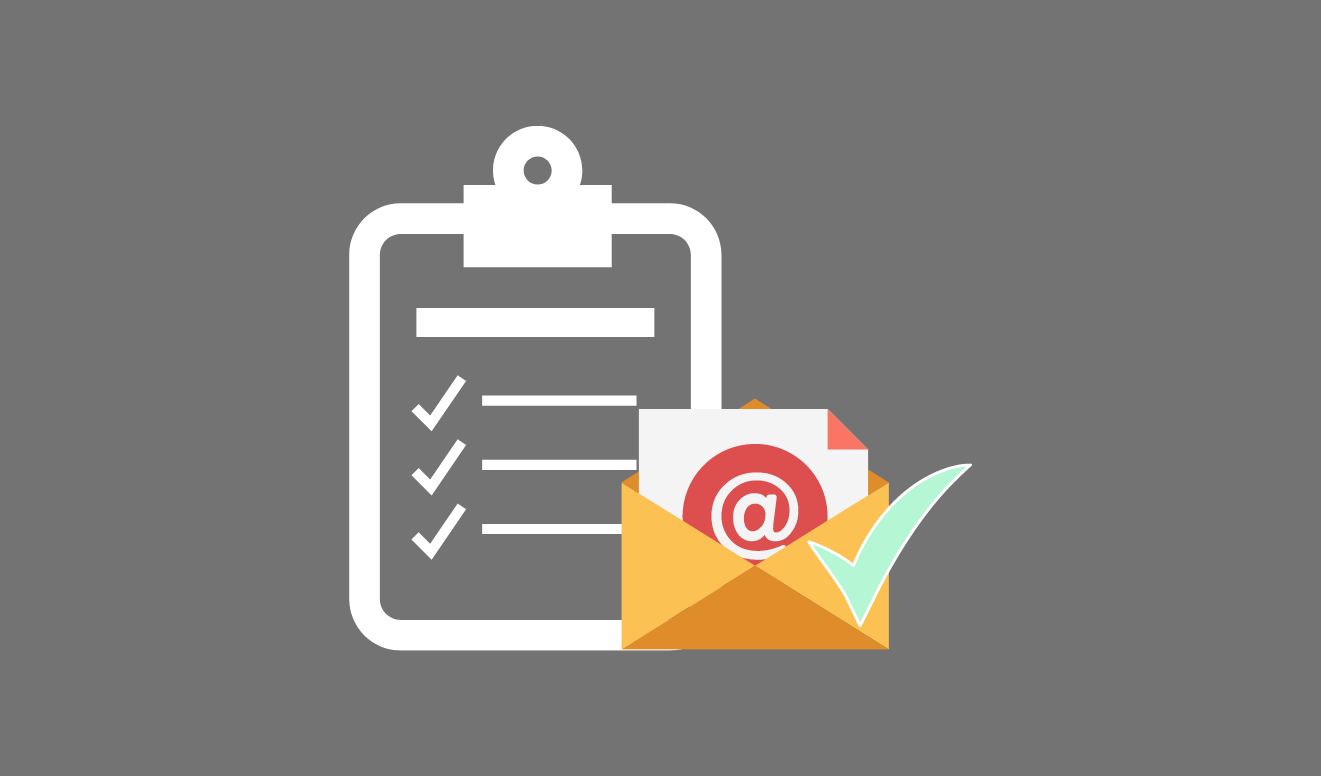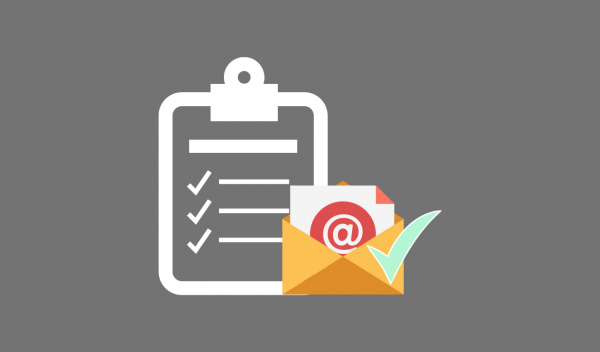Email is a key part of effective communication in the business world. This makes writing professional emails a vital skill for everyone working in a professional setting. Whether you are a business person dealing with clients or business partners, or you are an employee dealing with colleagues and bosses, how you craft your email says a lot about you and your brand.
Read more about Business
Poor email etiquette can create confusion, delay responses, or even damage your reputation. This post will walk you through the dos and don’ts of professional email etiquette, ensuring that your emails always leave the best impression.
The Dos of Professional Email Etiquette
Use a Clear Subject Line
First impressions matter. Your subject line is the first thing the recipient sees, and it helps them decide if your email is worth opening or not. Use a concise and relevant subject line that highlights the core message of your email. For instance, instead of writing “Urgent,” a better subject line could be “Meeting Agenda for Friday’s Presentation.”
Start with a Proper Greeting
Sending emails hasn’t replaced acceptable etiquette like greetings. Always greet the recipient appropriately. Use formal salutations like “Dear Mr Ade,” “Dear Dr Olu,” or even “Hello Team.”
If you’re unsure of the recipient’s gender, “Dear [Full Name]” is a safe option. Skipping the greeting or being too casual, like using “Hey” or “Hiya,” can come off as unprofessional in a business setting.
Be Clear and Concise
The average office worker receives over 50 emails daily. So, to ensure your email stands out, get straight to the point. Avoid long-winded explanations or unnecessary details. Your message should be clear and concise so the recipient can quickly understand what you need from them.
Use a Professional Tone
Your tone sets the mood of your email. Avoid using slang, emojis, or informal language that could be misinterpreted. Keep your email polite, courteous, and respectful. For example, rather than saying, “I need this done now,” say, “Could you kindly provide the document by the close of business today?”
Proofread Before Sending
Mistakes in grammar, spelling, or punctuation can make you appear careless. Before hitting “Send,” always take a few moments to proofread your email. You can use tools like Grammarly to help polish your writing. A well-proofed email shows that you are detail-oriented and serious about your work.
Sign up for the Connect Nigeria daily newsletter
The Don’ts of Professional Email Etiquette
Don’t Use Informal Language
Casual terms like “Yo,” “You guys,” “Sup,” or “Gonna” should never appear in a professional email. Your language reflects your professionalism, so always choose words that maintain a respectful tone.
Culturally, Nigerians value respect in communication, and using overly casual language in a business email can come across as rude or dismissive.
Don’t Overuse “Reply All”
You’ve probably experienced those never-ending email threads where everyone keeps replying to all recipients unnecessarily. Unless your response is relevant to everyone in the conversation, avoid using “Reply All.” Stick to replying only to the necessary parties to keep the inbox clutter minimal.
Don’t Send Emails Without Attachments or Links
If you are going to include the words, “Please find attached” or “See the link below,” ensure you double-check that you’ve included all necessary attachments and links. This saves you the embarrassment of sending a follow-up email to correct the mistake.
Don’t Ignore Email Etiquette for Follow-ups
If you’ve sent an email and haven’t received a response, it’s tempting to send a quick “Did you get my email?” However, constantly bombarding someone with follow-ups can make you seem impatient.
A good rule of thumb is to wait 48 hours before sending a polite follow-up. For instance, you could say, “I wanted to check in and see if you had any updates on the matter discussed in my previous email.”
Don’t Write in All Caps
Avoid writing emails in all capital letters as this could come across as you being aggressive. Whether you are excited, frustrated, or emphasizing a point, writing in all caps is a huge no-no in professional email etiquette. Instead, use bold or italics to emphasize important information.
Register to attend the CN Business Mixer
Concluding Thoughts
Mastering professional email etiquette is important if you want to build strong relationships, maintain clarity in communication, and present yourself as competent and respectful. The way you communicate through emails reflects the kind of professional you are.
Got a suggestion? Contact us: [email protected]


